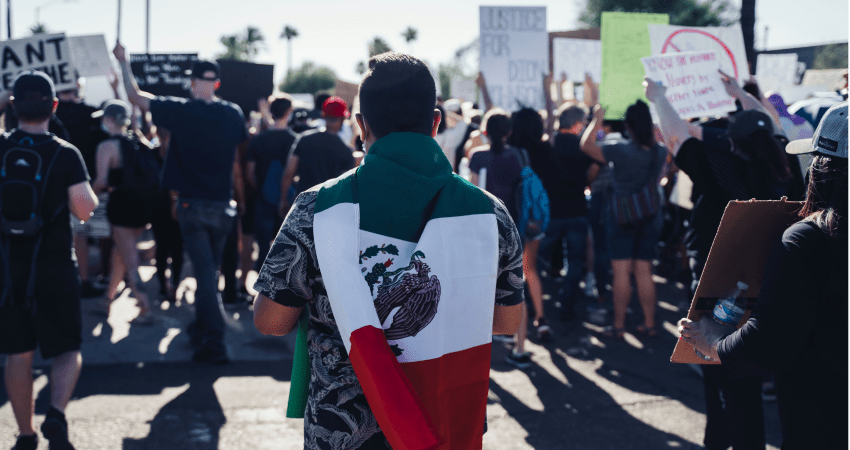IOM seeks to characterize diaspora organizations in Mexico and Central America

The International Organization for Migration has initiated an ambitious study that seeks to characterize diaspora organizations in Mexico and Central America. Diasporas are defined as groups of migrants or migrant descendants who, through their identity and sense of belonging to their country of origin, create common experiences in the country of destination.1
Understanding these groups as important reflections of the migratory situation in their communities, the study will analyze a wide variety of issues, including the causes of migration, their integration process, demographic characteristics, needs they face, and knowledge construction and management processes.
The study is being approached from two angles: a general investigation for the entire region, and a specific one for Guatemala. In this second case, the results will be specifically oriented towards understanding the needs of the Guatemalan diaspora in the United States and will culminate in a proposal of recommendations to the Guatemalan state to better serve its population abroad.
The methodology includes an inventory of diaspora organizations in the region (over 850 have been identified so far), a process of contacting them through face-to-face interviews and contact with key individuals in each country's government to identify existing links and opportunities for improvement. During the month of July 2020, the contact process began and representatives of 58 organizations have been interviewed.
This effort is being carried out as part of the Regional Program on Migration Mesoamerica -The Caribbean, funded by the U.S. Department of State Bureau of Population, Refugees and Migration (PRM).
1IOM Glossary on Migration, 2019. Available at https://publications.iom.int/es/books/derecho-internacional-sobre-migracion-ndeg34-glosario-de-la-oim-sobre-migracion
